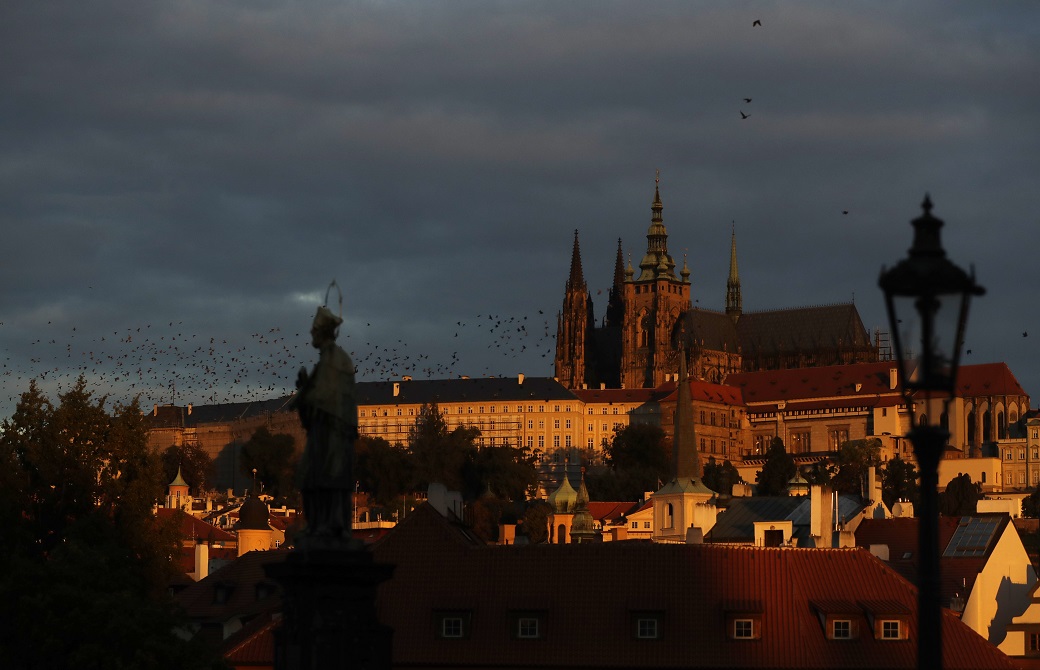The cost of housing in the Czech capital of Prague continues to soar higher, with a new 70-square-meter apartment in Prague costing the equivalent of 17 years worth of average wages, costing 2.4 years more than last year.
The data comes from the housing affordability index, created by the CG-Index created by the developer Central Group. Throughout Czechia, people need to save the equivalent of more than 15 annual wages to acquire an apartment.
Based on this data, Czechs are facing the most expensive real estate in market relative to their wages, according to analysts at Česká spořitelna and the “Evropa v datech” web portal. Representatives of both indexes stated this at press conferences on Tuesday.
The CG-Index, which works with data from the Ministry of Labor’s Average Earnings Information System, calculates an average gross monthly wage in the metropolis of 50,363 korunas (€2,035) and a new apartment price of 10.4 million korunas (€420,000). It follows that a total of 17.3 annual wages are necessary for a new apartment. Five years ago, the number of annual wages was 12.7.
Of course, for most Czechs, their entire wage is not going into purchasing a house, as they have other costs, such as food and energy, which means buying a house or apartment is increasingly out of reach for most citizens, a trend seen across the West. Rising mortgage rates have yet to put a damper on prices, although that could change in the near future. Nevertheless, rising rates also translates to more unaffordable mortgages.
Large uncertainty
According to the founder and head of Central Group Dušan Kunovský, there is a large amount of uncertainty in the construction market. Many factors are at play, including rising inflation for building materials and energy prices.
Kunovský recalled the uncertainty about the construction law, which was approved last year by the government of Andrej Babiš. The new cabinet of Petr Fiala enforced the postponement of the main parts of the law and is preparing an amendment.
In Berlin, Vienna, and Warsaw, citizens can afford a new apartment with the equivalent of nine years worth of salary. In Bratislava, the number reaches 15 years.
Like in Ivory Coast
According to the Czech Prosperity Index, it takes an average of 246 days to obtain a building permit in the Czech Republic. That is on par with Côte d’Ivoire.
Meanwhile, in Denmark and Finland, it takes just over two months. Kunovský said that 134,000 new apartments are being prepared in Prague, but only around 3,000 will be completed annually.
“Due to the deficit from previous years, Prague needs to build at least 10,000 to 15,000 new apartments a year,” Kunovský said.
According to the chief economist of Česká spořitelna, David Navrátil, the biggest problem is building regulations; construction delays occur when a zoning decision is processing.
“Abroad, the agreement with the municipalities happens relatively fast because it’s clear what the municipality will get out of the process. The incorrectly set distribution of taxes is demotivating in our country,” said Navrátil.
According to Central Group estimates, the value of all apartments in preparation in Prague is currently 1.4 trillion korunas (€56.5 billion), and the state would receive more than 180 billion korunas (€7.3 billion) in VAT on them.






